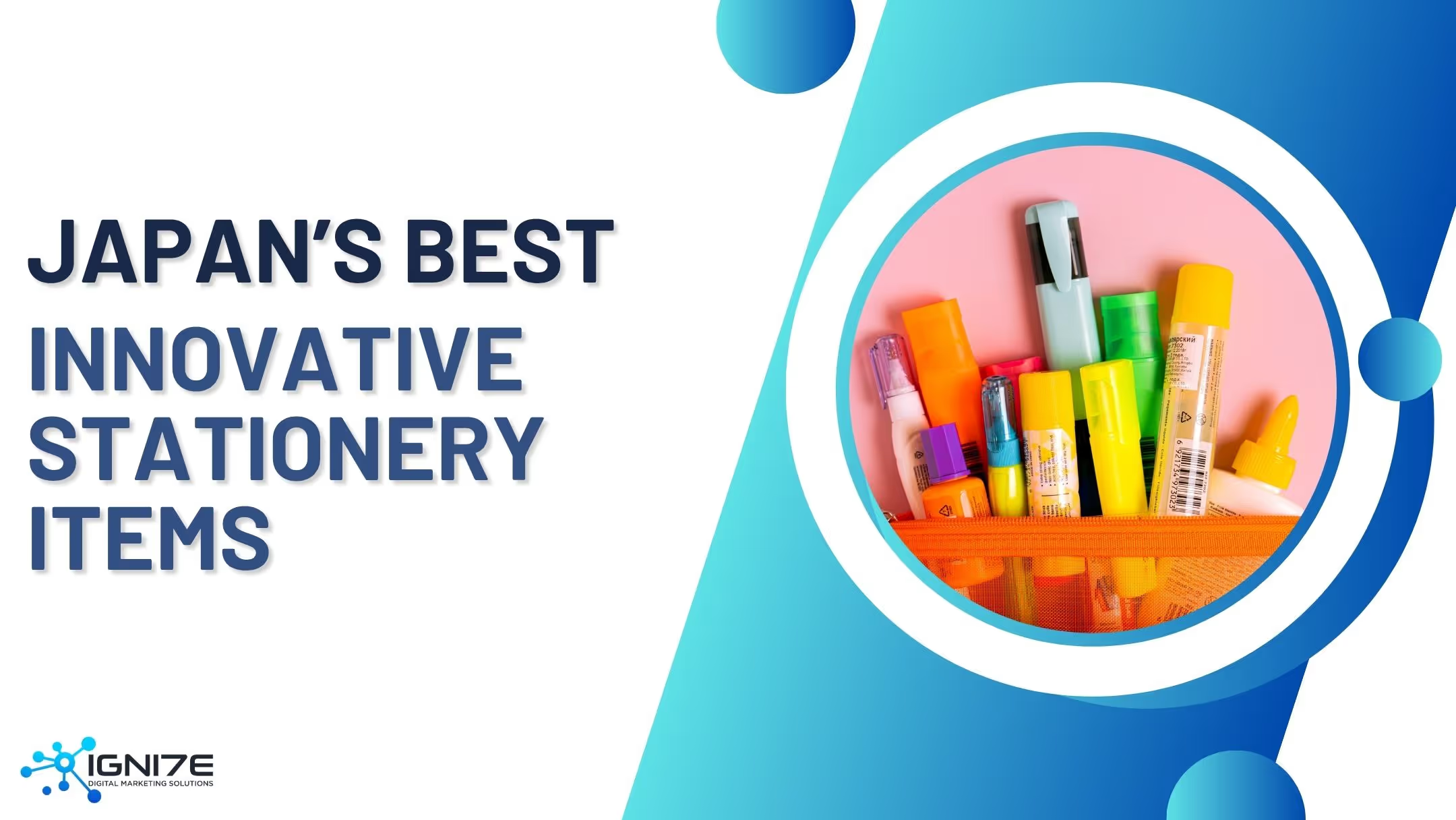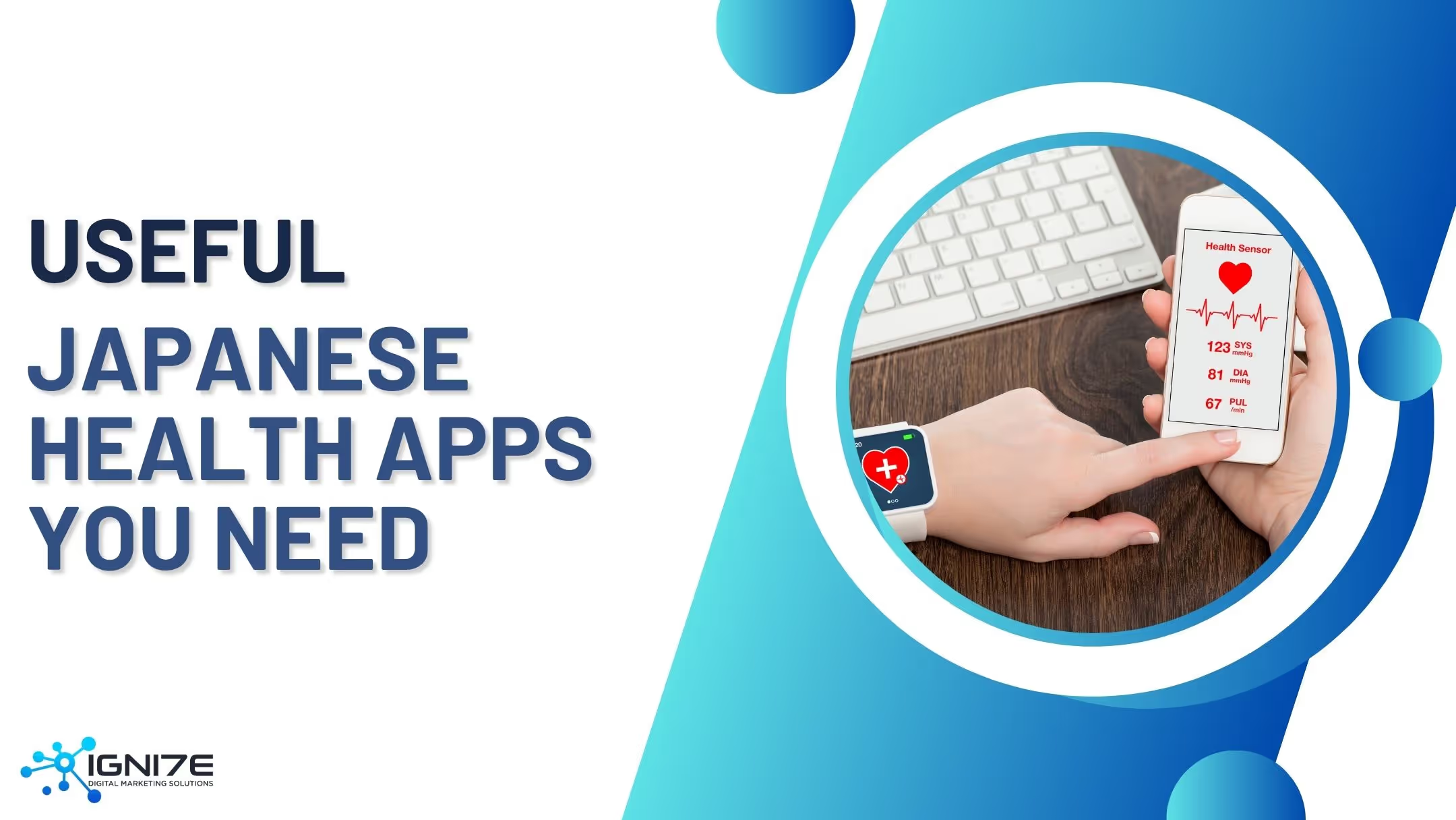Top 5 Social Media Platforms for Marketing in Japan
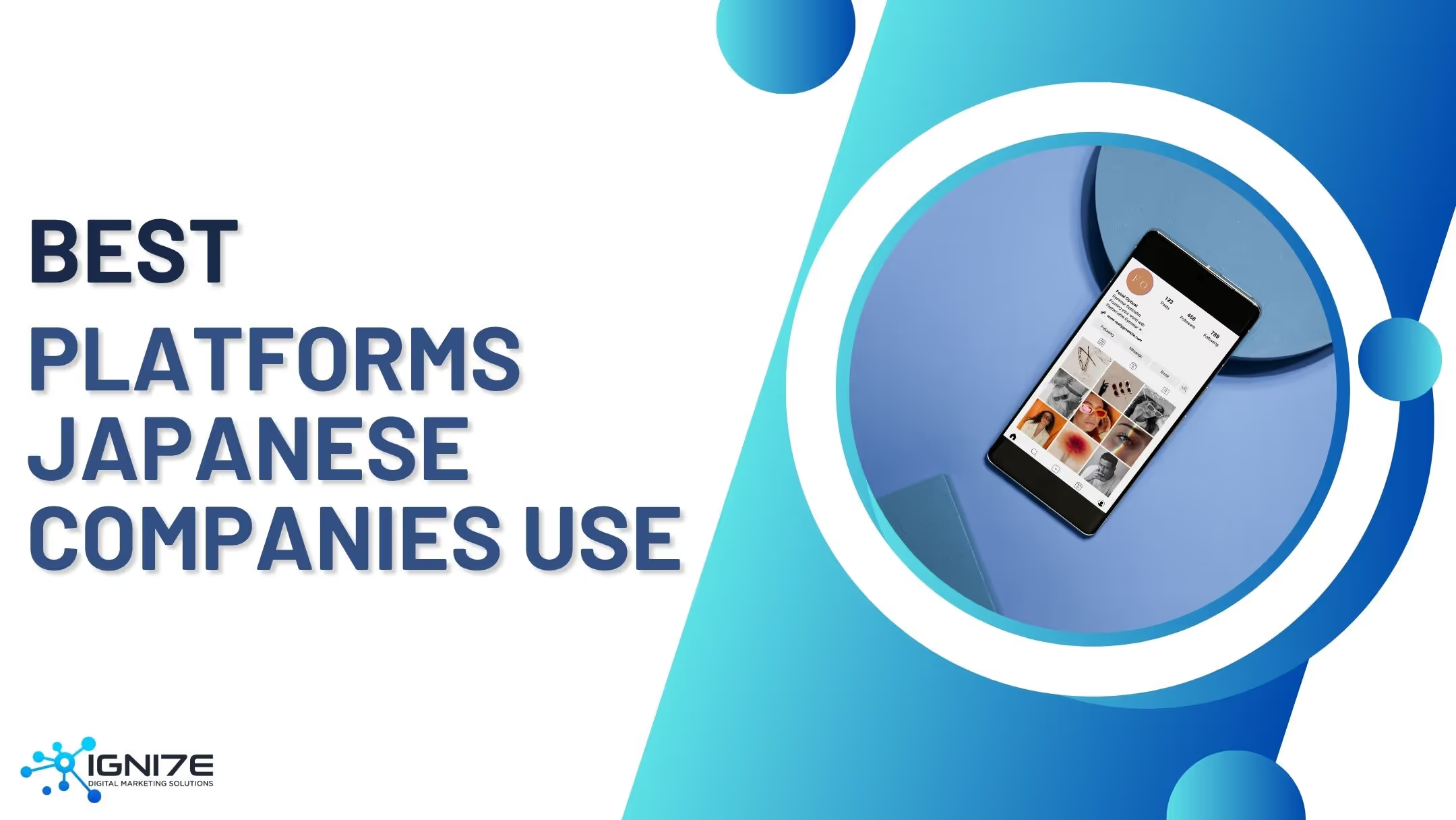
Its unique culture and consumer behavior deeply influences the Japanese market, and this distinctiveness is also reflected in how social media is used. In this context, many Japanese companies are actively investing in the platforms that have the most influence within the country as part of their marketing strategies.
For overseas companies looking to effectively enter the Japanese market, understanding which social media platforms are trusted and widely used locally is key to efficient and impactful marketing.
This guide introduces the top social media platforms that Japanese companies are currently focusing on, presented in a ranked format. We also highlight the unique features of each platform and how businesses are leveraging them, providing valuable insights for companies looking to expand into the Japanese market.
Ranking of Social Media Platforms
- LINE
- X (previously Twitter)
- TikTok
1. LINE
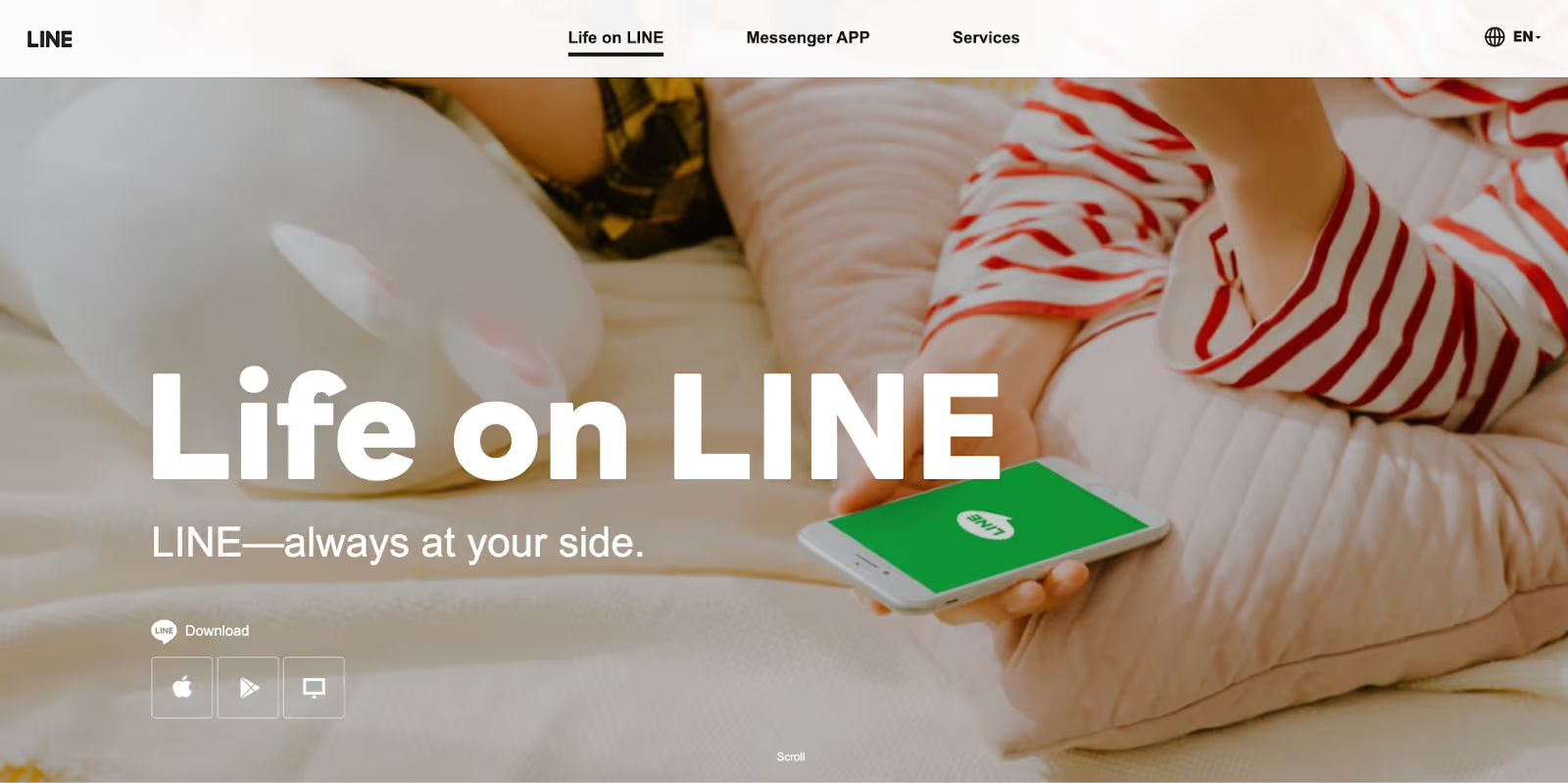
Source: Line Homepage
LINE is the most widely used messaging app in Japan, with over 90 million monthly active users. It goes far beyond a simple chat app, functioning as a multi-purpose platform that includes news, payments, shopping, and official account management, making it an essential part of daily life in Japan.
LINE is the most widely used messaging app in Japan, with over 90 million monthly active users. It goes far beyond a simple chat app, functioning as a multi-purpose platform that includes news, payments, shopping, and official account management, making it an essential part of daily life in Japan.
Because LINE is so deeply embedded in Japanese daily life, it has become an indispensable tool for brand building and strengthening customer relationships in the Japanese market.
2. X (Previously Twitter)

Source: X Homepage
X is a highly popular social media platform in Japan, particularly valued for its real-time capabilities. With tens of millions of users in the country, Japan ranks among the top global markets for the platform. Centered around short-form posts, X enables instant communication and the rapid spread of information.
Japanese companies primarily use X to boost brand awareness, promote campaigns, and strengthen customer engagement. Common strategies include sharing news about new products and events, creating buzz through hashtags, and running giveaways exclusive to followers. Because user reactions can be seen immediately, the platform is also used as a tool for marketing research.
As a channel for generating real-time trends and building closer connections with consumers, X remains an essential part of many Japanese companies' social media strategies.
3. Instagram
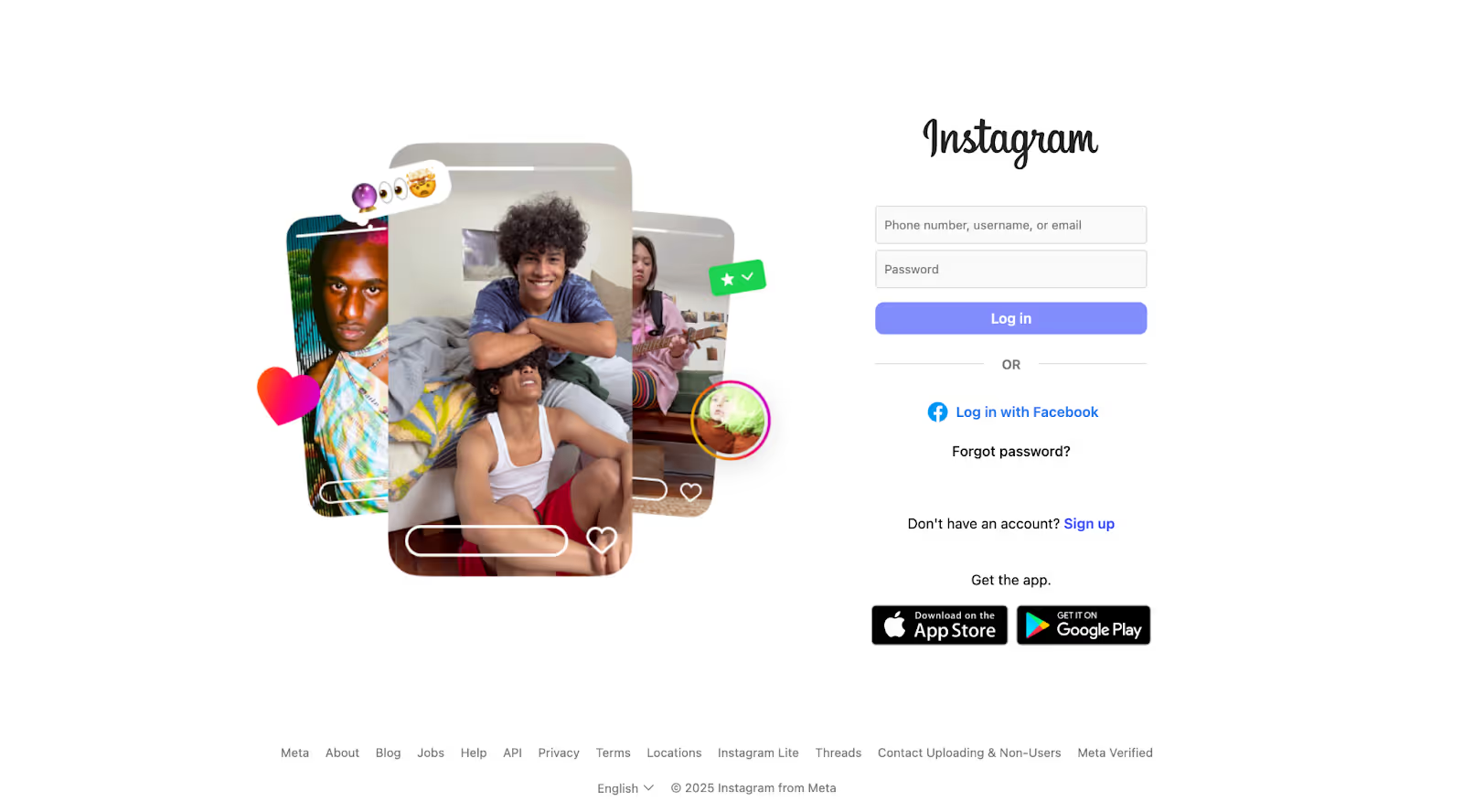
Source: Instagram Homepage
Instagram continues to grow rapidly in Japan as a social media platform centered on visual content. It is especially popular among people in their 20s and 30s, making it an ideal channel for conveying a brand's image through photos and videos.
Japanese companies are increasingly using Instagram to showcase the appeal of their products and services visually. In industries such as fashion, beauty, and food, collaborations with influencers are common, allowing brands to connect with consumers through authentic experiences and lifestyle suggestions.
Features like Stories and Reels have enabled companies to share more dynamic and relatable content. At the same time, the introduction of shopping functions has strengthened integration with e-commerce by allowing users to purchase products directly on the platform. As a result, Instagram plays a key role not only in brand awareness but also in driving sales for Japanese businesses.
4. TikTok
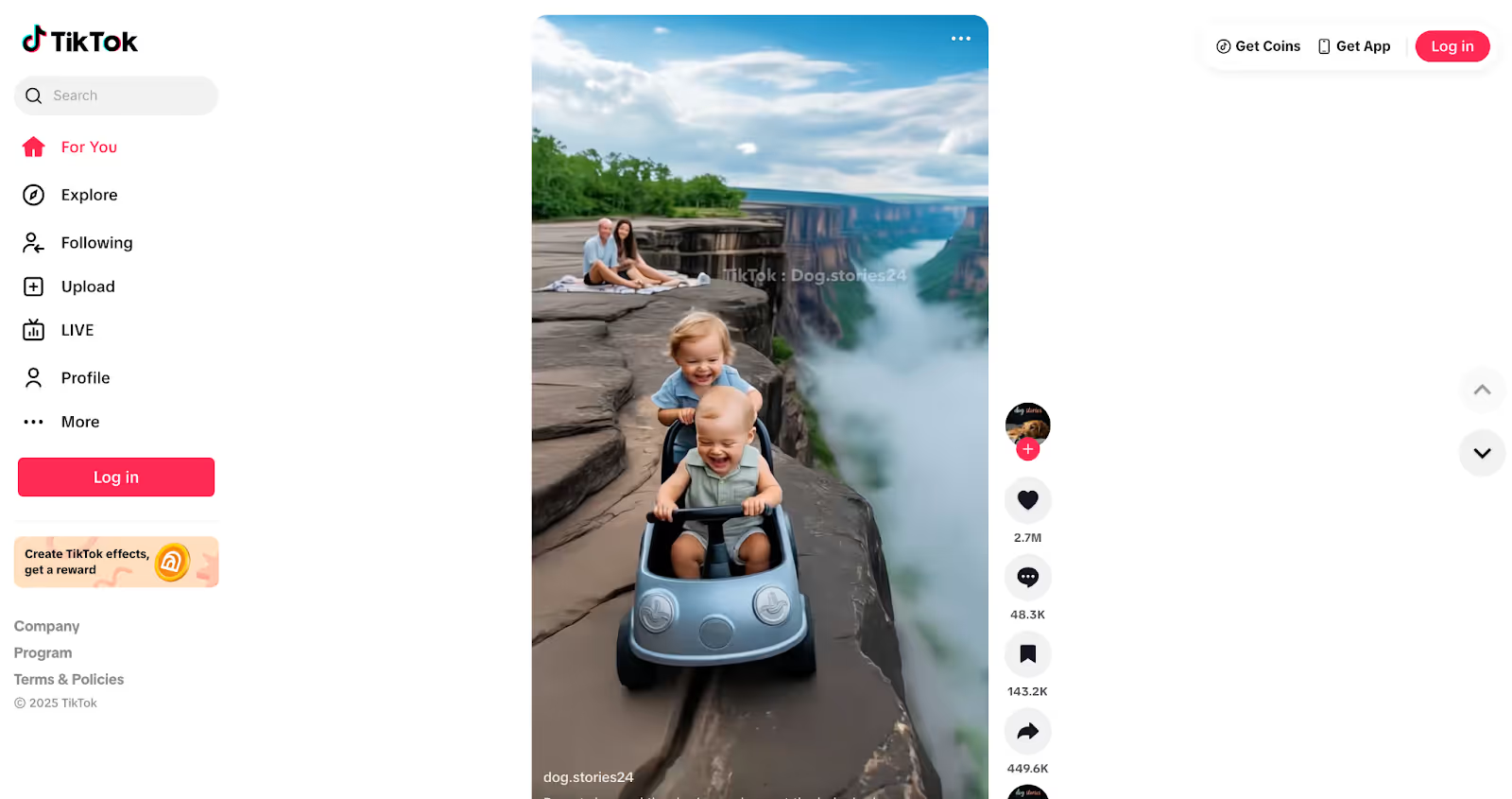
Source: TikTok Homepage
TikTok is a hugely popular social media platform among younger audiences, centered around short-form videos, and has been rapidly growing its user base in Japan. Users can post videos ranging from 15 seconds to up to 10 minutes, with creative features like music, filters, and visual effects being key to the platform’s appeal.
Japanese companies are actively utilizing TikTok to reach younger generations and enhance brand awareness and product promotion. In industries such as fashion, beauty, and food, influencer content and videos from everyday users effectively convey authentic and relatable messages, making TikTok a highly effective marketing channel.
User participation is also encouraged through hashtag challenges and campaign-based trends, which are often designed to go viral. Rather than serving as a traditional advertising space, TikTok has become a valuable strategic tool for Japanese businesses, enabling them to create interactive connections and foster two-way communication with users.
5. Facebook

Source: Facebook Homepage
While Facebook has a more limited user base in Japan compared to other platforms, it remains a widely used and trusted social media platform for business purposes. It is especially popular among working professionals and individuals in their 30s and older, making it well-suited for reliable information sharing and networking.
Japanese companies use Facebook to enhance brand recognition, support B2B marketing efforts, and promote events. The platform’s ability to accommodate long-form posts and professional content makes it ideal for sharing industry news, product details, and expert insights.
Many businesses also engage with specific communities through Facebook Groups, fostering closer relationships with targeted audiences. In terms of advertising, the platform’s detailed targeting features enable highly tailored promotions based on user interests, location, age, and other factors.
For Japanese companies, Facebook remains a valuable platform for building trust and fostering customer relationships through thoughtful and credible communication.
Conclusion
Each of the major social media platforms introduced here, actively used by Japanese companies, has its unique features and strengths that cater to a wide range of marketing needs.
LINE is deeply integrated into daily life in Japan and is ideal for building direct and personalized relationships with customers. X (formerly Twitter) excels in real-time engagement and generating buzz due to its speed and interactivity. Instagram is widely favored among younger audiences for its visually driven content, making it a crucial platform for promoting brand image.
TikTok encourages creative expression and user participation through short videos, helping businesses reach new consumer segments. Facebook supports the sharing of trustworthy information and strengthens business networking, making it particularly suitable for B2B and reaching more mature audiences.
For international companies entering the Japanese market, understanding the characteristics of each platform and choosing the right ones based on target demographics and objectives is key to success. As Japan's digital landscape continues to evolve, flexibility and ongoing information gathering will be crucial.








